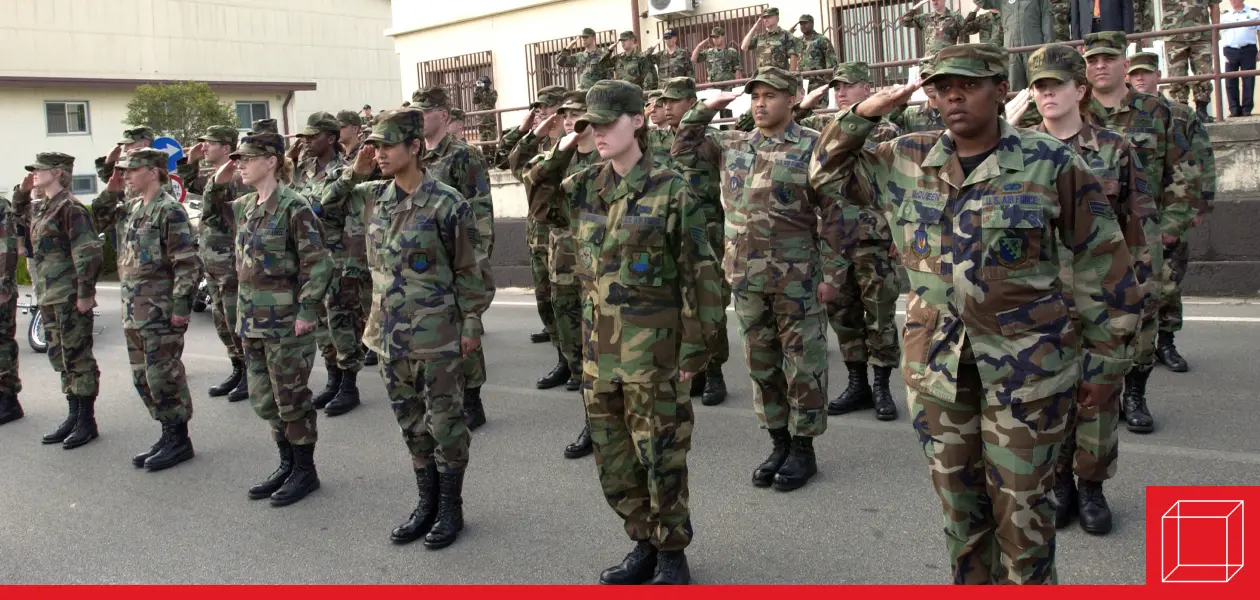Social Motives: Why Would You Want to Be a Leader?
What makes you want to be a leader? Uncover the motives of leadership by understanding our social nature and that there are different ways to lead and interact.

Someone must provide the spark for action; someone must provide energy and purpose for leadership to occur. There are three basic motives for leadership:
- Power -- the desire to have influence, give orders, and have them carried out;
- Achievement -- the need to create and build something of value; and
- Affiliation -- a heartfelt interest in helping others.1
To understand the role of social motives at work, imagine three supervisors given the task of building a house: (1) The power-oriented leader focuses on how to organize the production of the house. She feels comfortable being in charge and enjoys being recognized as the powerful figure who causes the house to be produced. (2) The achievement-oriented leader obtains satisfaction from creating the house. Building a sound structure and completing the task on time is rewarding. (3) The affiliation leader enjoys working with his crew. He is concerned with human relations and strives to create a spirit of teamwork. Also, he is pleased to think of how much the home will mean to the family who lives in it.
Why would you want to be a leader? What would be your purpose for assuming the challenge of leadership? Do your job and personal life allow the expression of your social motives? The questionnaire below will help you answer these questions.
Exercise: Social Motives in the Work Setting
This questionnaire consists of 12 statements. There are no right or wrong answers. For each statement, indicate which of the three alternatives–a., b., or c.– is most preferred by or most important to you by placing a 3 next to that choice. Place a 2 by your second choice and a 1 by the choice that is least preferred by or least important to you. Do not debate too long over any one statement. Your first reaction is desired.
1. In a work situation, I want to
a. be in charge.
b. give assistance to my co-workers.
c. come up with new ideas.
2. If I have ultimate responsibility for a project, I
a. depend on my own ability to accomplish tasks.
b. delegate work and oversee progress.
c. use teamwork to accomplish tasks.
3. My co-workers see me as
a. a competent person.
b. a considerate person.
c. a forceful person.
4. When I disagree with a decision, I
a. voice my disapproval immediately.
b. take into consideration other peoples’ feelings and circumstances.
c. suggest alternatives based on logic.
5. In a group discussion,
a. I encourage others to express themselves.
b. I will change my view only if a better one is suggested.
c. my ideas generally prevail.
6. In a labor-management dispute, I would
a. keep human relations smooth.
b. maintain a position of strength.
c. work for a compromise.
7. I am most satisfied with my job when I
a. see progress being made.
b. have a strong voice in determining policy.
c. work with others to achieve results.
8. When disagreements arise, I usually
a. yield a point to avoid conflict.
b. stick to my guns.
c. use reasoning to seek the best solution.
9. As a leader, I would
a. permit flexibility, as long as the job gets done.
b. recognize that workers have good days and bad days.
c. insist on compliance with my rules and directions.
10. As a member of the board of directors dealing with a problem, I would most likely
a. try to get my ideas adopted.
b. solicit ideas from all members.
c. review the facts.
11. When hiring a new employee, I would
a. expect future loyalty to me.
b. hire the person who is technically best qualified.
c. take into consideration future relations with co-workers.
12. I am most happy in my work if I
a. am the decision maker.
b. work with good friends and colleagues.
c. make significant achievements.
Scoring:
Step One:
Scoring is done across the page, from left to right. For each question, put your a., b., and c. scores in the appropriate columns. Note that a., b., and c. scores do not remain in the same columns. Continue until all scores are filled in; then total the columns. (The grand total for the three columns should be 72.)
Column 1 Column 2 Column 3 |
||
1. a. |
1. c. |
1. b. |
2. b. |
2. a. |
2. c. |
3. c. |
3. a. |
3. b. |
4. a. |
4. c. |
4. b. |
5. c. |
5. b. |
5. a. |
6. b. |
6. c. |
6. a. |
7. b. |
7. a. |
7. c. |
8. b. |
8. c. |
8. a. |
9. c. |
9. a. |
9. b. |
10. a. |
10. c. |
10. b. |
11. a. |
11. b. |
11. c. |
12. a. |
12. c. |
12. b. |
Total |
Total |
Total |
Step Two:
Mark the total scores for each column in the appropriate places in Your Social Motives Figure below.
Interpretation:
A high score in column 1 indicates social motives that are power-oriented. A power-oriented person strives for leadership because of the authority it brings. This person’s goal is to influence people and events. Historical examples are Winston Churchill and Elizabeth I, who are recognized as outstanding leaders because of their mastery of power politics. Strength, assertiveness, and dominance are characteristics of power-oriented leaders. Positions involving the expression of power are manager, supervisor, and political officeholder.
A high score in column 2 indicates achievement-oriented social motives. This type of leader wants to discover, create, and build. Marie Curie and Tim Berners-Lee are good examples of achievement-oriented people, each succeeding in making valuable contributions to humankind in science and technology. Achievement-oriented leaders are described as successful, competent, skillful, and productive. Achievement-oriented people are often found in occupations such as science, business, and the arts.
A high score in column 3 indicates a strong concern for human welfare. Mother Teresa and Mahatma Gandhi would be such leaders. These individuals care about other people and desire to serve humanity. This type of leader is likely to have traits similar to those of Florence Nightingale and Albert Schweitzer in the field of medicine. Common characteristics of these leaders are helpfulness, unselfishness, and consideration of the condition and well-being of others. Occupations such as teaching and counseling allow the expression of this social motive.
Your Social Motives

Remember three important points about scores on the questionnaire:
- Although it is normal for everyone to have some of each social motive, a person usually will prefer one or two over the others. Preference depends on the values (power, achievement, or affiliation) promoted by one's culture and on personal traits and experiences.
- People exert leadership to satisfy one or a combination of these three motives. All leadership can be said to be motivated by power, achievement, or affiliation.
- As either leader or follower, a person will be most happy and productive in a situation that allows the expression of personal social motives. If an individual's work precludes this, morale and productivity can be expected to go down.
Consider how you as a leader can use an employee's social motives as a motivating force:
- The need for power. These employees gain satisfaction from influencing others. They like to lead and persuade, and they are motivated by positions of power. They desire responsibility and like to direct and control people and events. They are comfortable with conflict and debate, and they are not reluctant in advancing their views. Give them the opportunity to make decisions and direct projects.
- The need for achievement. These employees want the satisfaction of accomplishing projects successfully. They want to exercise their talents to attain success. They like to solve problems and get the job done. They desire unambiguous feedback on performance and recognition for their accomplishments. They are self-motivated if the job is challenging enough, so provide them with meaningful work assignments and they will consistently produce.
- The need for affiliation. These employees gain satisfaction from interacting with others. They enjoy people and find the social aspects of the workplace rewarding. They desire warm and friendly relations, and they prefer cooperative rather than competitive work situations. They actively support others and try to smooth out workplace conflicts. Motivate them by giving them opportunities to interact with others: team projects, group meetings, and so on.2
1. Developed by J. Burleson, from S. Schacter, The Psychology of Affiliation (Stanford, CA: Stanford University Press, 1965); D. McClelland, The Achieving Society (Princeton, NJ: Van Nostrand, 1961); and D. McClelland, "How Motives, Skills, and Values Determine What People Do," American Psychologist 40 (1985), pp. 812-25.
2. S. McShane and M. Von Glinow, Organizational Behavior, 7th ed. (New York: McGraw-Hill, 2014).



